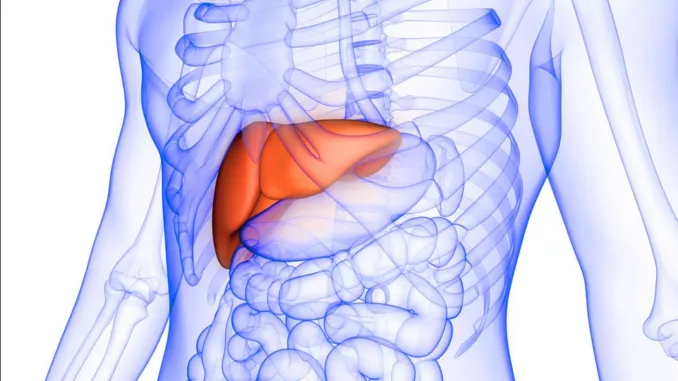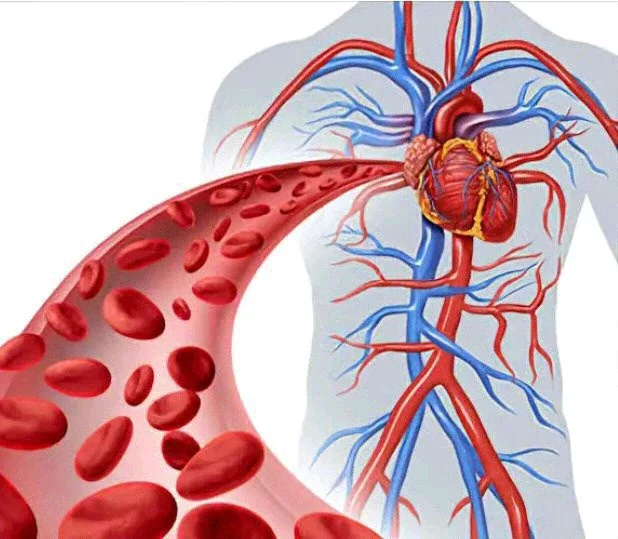Ginger has long been revered for its medicinal properties, being used in traditional medicine for centuries. It is known for its ability to ease nausea, reduce inflammation, aid in digestion, and boost the immune system. However, while ginger offers numerous health benefits for most individuals, there are certain medical conditions in which the intake of ginger can worsen symptoms or interact with medications. In this article which is in accordance to healthline, we will explore some of these medical conditions and why ginger may not be suitable for everyone.

1. Acid Reflux
Ginger has been widely used to alleviate symptoms of gastrointestinal distress, including acid reflux. Its natural anti-inflammatory properties can help reduce irritation in the esophagus and stomach lining. However, for individuals with severe acid reflux or gastroesophageal reflux disease (GERD), ginger has the potential to worsen symptoms. Ginger stimulates the production of gastric acids, which can lead to increased acid secretion and exacerbate acid reflux symptoms such as heartburn and regurgitation. If you have a history of acid reflux or GERD, it is best to consult with your healthcare provider before incorporating ginger into your diet.
2. Bleeding Disorders
People with bleeding disorders or individuals taking blood-thinning medications such as warfarin (Coumadin) need to exercise caution when consuming ginger. Ginger has natural blood-thinning properties and can interfere with the clotting process. While ginger is generally safe in small amounts, excessive intake or combination with blood-thinning medications can increase the risk of bleeding and make it difficult for blood to clot. If you have a bleeding disorder or regularly take blood-thinning medication, it is crucial to consult your doctor before adding ginger to your diet.
3. Diabetes
Ginger has shown promise in managing blood sugar levels in individuals with diabetes by enhancing insulin sensitivity. However, individuals with diabetes who are already taking medications to lower their blood sugar levels should use ginger cautiously. Ginger may potentiate the effects of antidiabetic medications, leading to a rapid and significant drop in blood sugar levels, a condition known as hypoglycemia. Monitoring blood sugar levels is crucial when incorporating ginger into the diet, and adjustments to medication dosage may be necessary.
4. Gallstones
Individuals with gallstones or a history of gallbladder disease are often advised to avoid ginger due to its potential to stimulate the release of bile. When ginger activates the gallbladder, it can trigger abdominal pain, worsen gallstone symptoms, or increase the risk of their passage into the bile ducts. For those with a history of gallbladder problems, it is best to avoid the consumption of ginger or consult a healthcare provider before including it in the diet.
5. Blood Pressure
Ginger has been reported to have a blood pressure-lowering effect in some studies, which can be beneficial for individuals with hypertension. However, for those with low blood pressure or who are already taking medications to lower blood pressure, ginger may exacerbate the issue. Ginger promotes vasodilation and can further decrease blood pressure, potentially causing dizziness, lightheadedness, or fainting. Monitoring blood pressure regularly and consulting with a healthcare provider is advisable before adding ginger to the diet.
6. Medication Interactions
Another essential consideration before consuming ginger is its potential interactions with various medications. Ginger may interact with anticoagulants, antiplatelet drugs, and nonsteroidal anti-inflammatory drugs (NSAIDs), leading to increased bleeding tendencies. Additionally, ginger may interact with medications prescribed for heart conditions, diabetes, and high blood pressure, altering their effectiveness or potentiating their side effects. It is crucial to inform your healthcare provider about any supplements or herbal remedies you are taking to avoid possible interactions or adverse effects.

















Comments